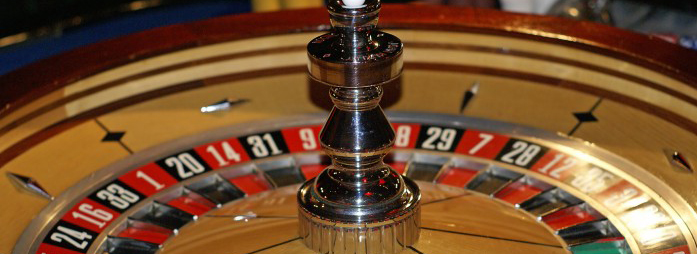Skill Based Slots

A feature in many pubs, bars and casinos across the globe, the humble slot machine as we know today finds its roots dates all the way back to the 1800’s. An invention of the American mechanic Charles Augustus Fey, the machine has evolved dramatically since its inception all those years ago.The US gambling industry brought in skill-based gambling with the intent of slowing down or even stopping the slow puncture decline in profits across the country. A study put together and released by the AGEM Association of Gaming Equipment Manufacturers shows that the total revenue across 16 markets in the US dropped dramatically by over $50m from a huge $355m in 2007 to $291m just 8 years later. Although it appears that the data suggests that the loss happened initially due to the gradual financial recession in the US at the time, what it didn’t explain is why the interest in slots didn’t appear to rise after the fact.
Gambling companies and Casino owners specifically have desperately tried to combat the clear decline in profits by trying to bring in new elements such as entertainment, nightlife, events and luxury hotels into their locations, but for some gamblers, mainly the younger crowd, this isn’t enough. Feeling like luck isn’t in control, and it’s their decisions and skills rather than simply luck is turning out to be the winning factor in bring the younger generation round, as the attraction of traditional gambling seems to be losing its power in the 21st century. Many people within the industry are comparing the inclusion of skill based slots to video games, as the use of talent replaces what we consider to be traditional luck, offering a more appealing element to the younger generation.








